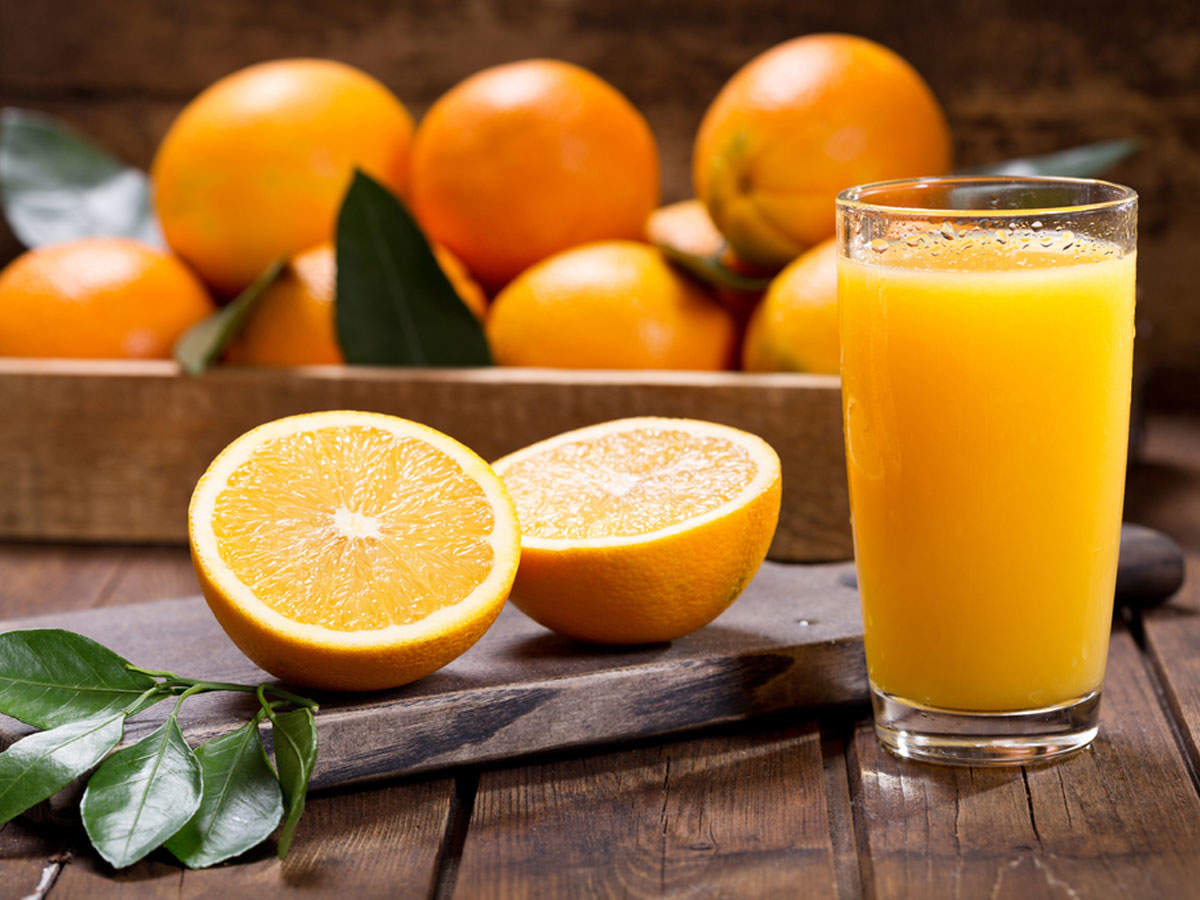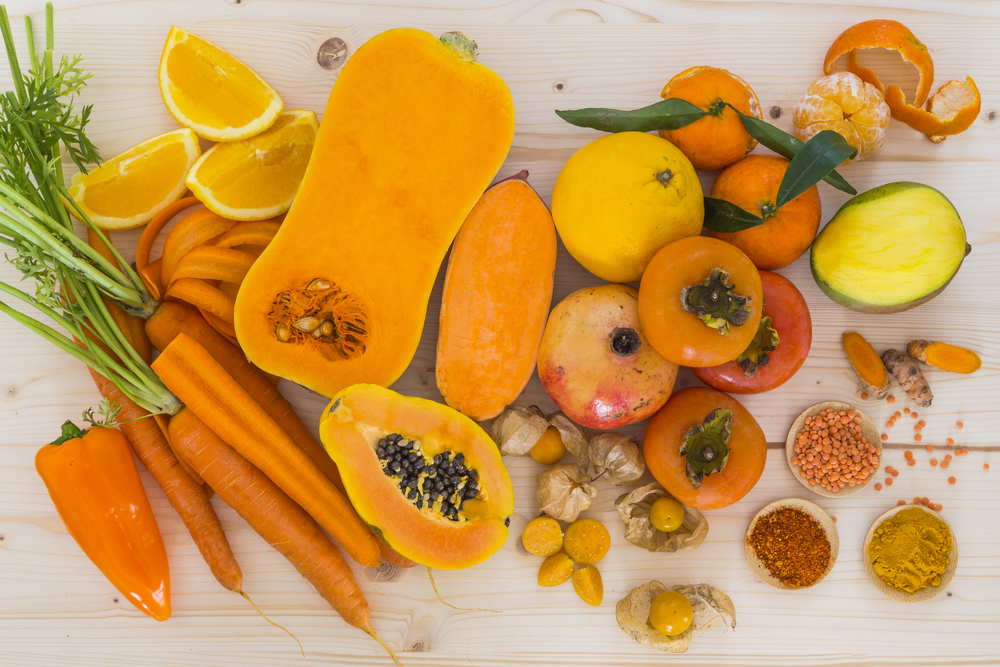Foods Young Swimmers Should Be Eating
Jill Castle, MS RDN, has come up with another comprehensive list of foods growing swimmers should be consciously incorporating into their diet. This is particularly prescient for teens and avid athletes who both have the demand of fueling their growing body while being able to compete at an elite level. Castle gives us several good food ideas to help keep you (or your young swimmer) topped off. It’s better to be shoveling your face with things that are nutrient rich instead of wasting calories on foods that are neither filling nor nutrient rich. Healthy nutrition is vital for both developmental and athletic performance. Since children and teens are often deficient in calcium, vitamin D, fiber, and potassium, all of the foods listed are high in these nutrients and are all foods young swimmers should be eating regularly.
Make sure your kids don’t skip breakfast or snack mindlessly on nutrient-poor foods. This can be a surefire way to ensure they aren’t getting all of the fuel they need. Also be weary of restrictive diets that could do more harm than good when trying to monitor your athlete’s weight. Your best option is to keep your home full of good, nutritious snacks that are readily available when hunger hits.

Nuts/Seeds
Nutrients: healthy fats, fiber, protein, magnesium, vitamin E.
Eat nuts and seeds by the handful as a snack or sprinkle them on cereal or yogurt to give that added crunch that we so often crave.

Cereal
Nutrients: cereal can come fortified with nutrients like folic acid, iron, vitamin A and vitamin E.
Eating breakfast is important—skipping it is a good way to make sure you start off on the wrong foot metabolically. A good hearty cereal also serves as a great snack or even a quick dinner when necessary. BE SURE to avoid cereal that is too sugary. Read the label! If it has more than 8 grams of sugar per serving, put the box down and step away from that lovable cartoon-character on the box.

Orange Juice
Nutrients: 100% orange juice (not the watery, sugary stuff) is full of folic acid and vitamin C. You can often find it fortified with additional calcium and vitamin D.
Orange juice is a great way to start your morning; it also makes a good pre-workout drink. Watch your intake, though. OJ is typically pretty calorie heavy and more than a cup and a half per day can be more calories than it’s worth.

Beans
Nutrients: Fiber, protein, iron, zinc, and magnesium.
- Beans are the perfect way to fit protein into your meals, particularly if you try to go meatless. They make a good crunchy snack when roasted, are great on a salad, or you can have them in a traditional burrito.

Dairy
Low-fat cheese nutrients: calcium, potassium, protein.This is great mixed in with pasta, on sandwiches, or on salad for an extra jolt of any of those nutrients your diet may be lacking. Just be careful not to overdo it.
Low-fat yogurt nutrients: calcium, vitamin D, potassium, and protein.Yogurt is a great snack, especially if you or your swimmer is craving something sweet. Try out the Greek varieties if you need an extra punch of protein.
Low-fat milk nutrients: calcium, potassium, protein, and vitamin D.Dairy milk is a natural source of calcium and lots of other nutrients that’s a great complement to any meal. If your swimmer prefers soy milk instead of the more traditional moo juice, make sure it’s fortified with calcium and vitamin D. Remember that chocolate milk is practically the perfect recovery drink after a race or difficult workout.

Leafy-Green Veggies
Nutrients: iron and calcium
Dark leafy greens (like kale, spinach, or collard greens) are great in salads, cooked down, or even put in a fruit smoothie. Pair them with foods high in vitamin C or served with meat to make sure the iron gets adequately absorbed from the veggies.

Orange Fruits & Veggies
Nutrients: Vitamins C, E, A, and potassium.
Fruits and vegetables that are orange (squash, sweet potato, cantaloupe, peaches, carrots, etc.) in color have lots of vitamins and are great for boosting your immune system. Make sure to eat enough fruits and veggies to fill your suggested serving for the day.
Leave a Comment